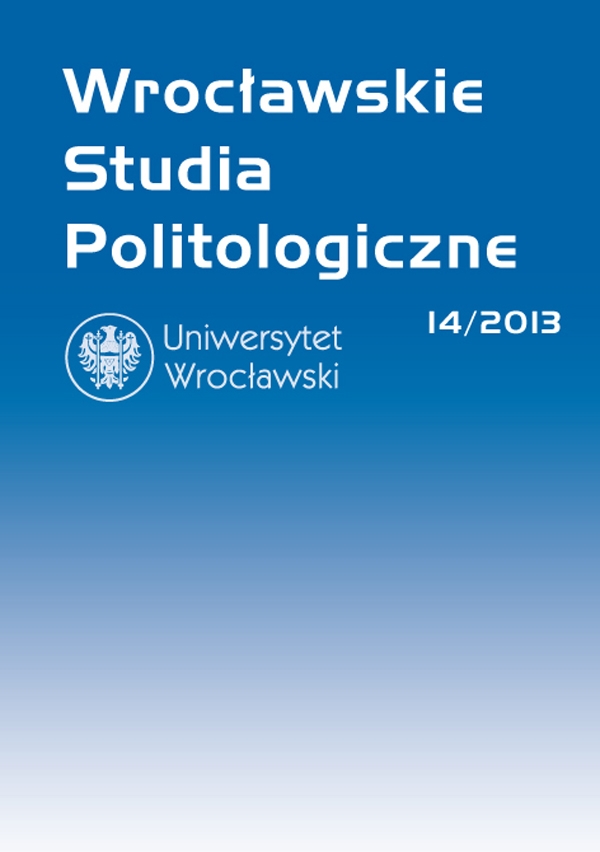

Artykuły

Historical and philosophical-political origins of the separation of church and state principle
The article is to analyse one of the most important rules connected with political order of modern democracies, namely the state – church separation principle. Contemporary, within the euroatlantic culture and civilisation, this principle is widely accepted as the systemic formula regulating the relations between state — political and religious spheres. The origins of these domains’ separation, which is the projection of a new laic vision of the world, is strictly associated with the secularism process that confirms laic order’s autonomy in relation to religious sphere. This process goes together with the phenomenon of the desacralisation of culture, picture of man and world, idea of God, politics, society etc. The secularism is implied mainly by the philosophy of Renaissance and Enlighment surrounded by certain transitions in the field of culture, religion, society and politics. At the outset, securalism led to Christian universality’s explosion combined with the struggle between political and spiritual powers and – subsequently – this universality’s negation. This resulted in the ideological and political conflict between state and church, in which the philosophy and position of the latter was at first advocated by the Catholic traditionalists.